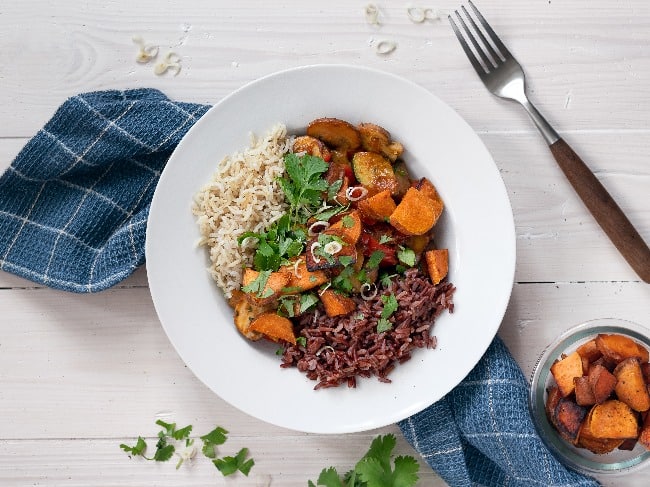 How do you lose weight without actually dieting? In my experience, you do it by eating a whole food plant-based diet. Sadly, more than 70% of Americans are now either overweight or obese so weight loss remains a hot topic. I am not a fan of diets! I have never been on one and don’t ever plan to be for any reason. And I don’t believe you need to be either. You can lose weight naturally.
How do you lose weight without actually dieting? In my experience, you do it by eating a whole food plant-based diet. Sadly, more than 70% of Americans are now either overweight or obese so weight loss remains a hot topic. I am not a fan of diets! I have never been on one and don’t ever plan to be for any reason. And I don’t believe you need to be either. You can lose weight naturally.
What I am a fan of is eating a healthy diet. One that’s full of natural, nutrient-packed whole foods that make you feel good because they’re good for you. If you focus on real plant-based food, rather than lots of meat and processed junk, you’ll get healthy and get to a weight that is optimal for your body.
Maybe this idea that weight loss naturally follows a healthy, plant-based diet seems far-fetched to you, but it doesn’t to me. It’s what I’ve been reading about for over a decade now in my obsession with healthy living. Adopting a plant-based diet is how I lost weight years ago and still maintain it. So let me explain to you how eating more plants works so well for weight loss.
What is a plant-based diet?
There are various definitions of a plant-based diet which I’ll just explain briefly here. One version is a vegetarian diet that avoids all meat and fish but includes eggs, cheese and dairy. Some vegetarians include fish in their diets as well while others include only eggs.
Then there are the vegans who avoid ALL animal products; no meat, fish, dairy, or eggs. If you decide this is the route you want to take after some research, then be sure to know what nutrients you could be missing out on. B12 is a very important nutrient that mainly comes from meat and seafood.
Related article: Vitamin B12 and its impact on our health.
When I talk about a plant-based diet, I’m just referring to a diet that leans far more to the plant-eating side than the animal product side. It’s up to you to decide how much of each you might want to eat or avoid. I choose to eat a mostly plant-based diet with some meat, eggs and cheese occasionally because that’s more sustainable for me in the long run.
My current belief is that it’s not necessary to avoid animal products altogether but to cut way down on them. This style of eating is what some refer to as a “flexitarian diet”. In other words, I’m a little flexible and it makes my life easier!
Where the calories hide
First things first. If you want to lose weight or maintain the weight you’re currently at, you need to know where all the big calories hide. That means you have to read labels! Then you need to avoid those foods and concentrate on the lower-calorie, more nutrient-dense foods.
Of the macronutrients (fat/protein/carbs), fats contain the most calories per gram at 9 kcal. Both protein and carbs contain just 4 kcal per gram. So if you eat more fat you’ll be ingesting more calories. Just because french fries are potatoes, all that old oil they’re fried in turns them into calorie bombs and kills the nutrients they once had!
Animal products contain saturated fat and cholesterol, neither of which is healthy for us. Plants contain fats too, but they’re mostly unsaturated fats, which are better for us, and they have no cholesterol. But what plants do have is fiber (which meat lacks) and that helps us to feel full longer and to stay “regular” (if you know what I mean). It also helps regulate blood sugar.
Overall, the evidence shows that eating more plants and fewer animals is healthier for our bodies. But really, it’s about eating more real (aka “whole”) food that comes from plants that’s the key to healthy weight loss. If you just switch to eating a lot of processed carbs in order to avoid meat, you won’t get healthy or lose weight!
The processed or “simple” carbs are the manufactured packaged foods we need to stay away from. These are what give carbs a bad name. They give us few, if any, health benefits and mostly negatively affect our bodies. From now on when you think about carbs I want you to think about the healthy plants that mother nature provided us with.
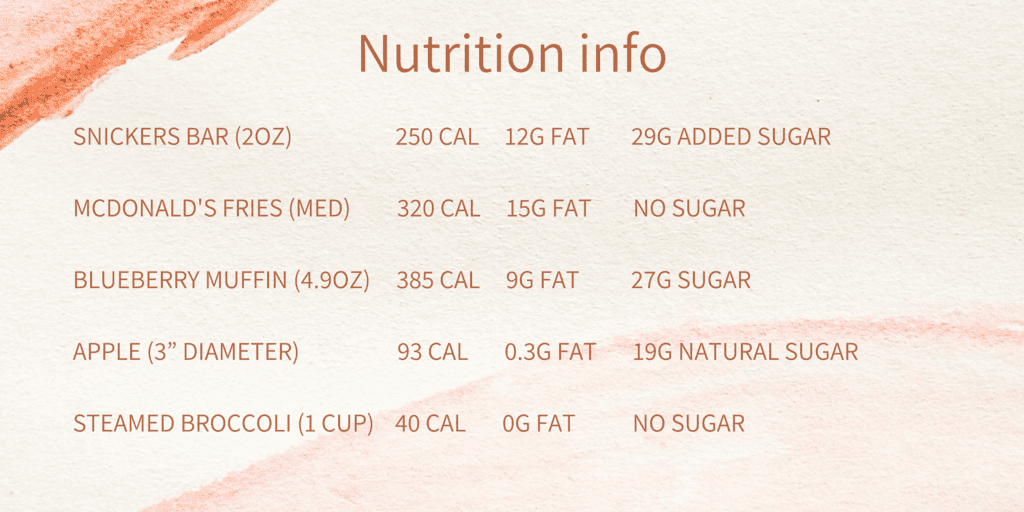
Research on plant-based diets
According to the AHA, plant-based diets lower your chance of getting and dying of cardiovascular disease. But they’re also linked with a lower risk of high blood pressure, Type 2 Diabetes, obesity, high cholesterol, and many types of cancer.
Many cultures have been studied for their eating patterns and longevity. The longest-lived people in the world eat mostly plants but also little to no processed foods at all. As I keep saying, this seems to be the winning combination!
The Blue Zones project found that the healthiest people on the planet ate on average “two ounces or less about five times per month” of meat. Instead, they ate a wide variety of in-season fruits and vegetables, plus beans, nuts, seeds, whole grains and greens. In other words, a more natural diet with whole plant-based foods.
In contrast, when we look at the diets of most Americans, we don’t see a big variety of plant foods. This is unfortunate because these are what give us the most disease-fighting nutrients. What Americans do eat are a lot of processed foods that are high in fat and calories but contain very few nutrients, if any.
As I already mentioned, over 70% of Americans are now overweight or obese. That’s a HUGE number! We also have the highest rates of chronic disease compared to 10 other countries. It’s now the general consensus that if you eat the SAD diet (Standard American Diet), you will eventually become overweight or obese. This is what leads to the diseases that kill most Americans.
How to transition to a plant-based diet
It’s not as hard as you think to transition to a plant-based diet as long as you don’t try to do it all in one day! You don’t have to change everything at once, just start with one meal. I always suggest starting with a healthier breakfast option since it’s the first meal of the day.
Breakfast
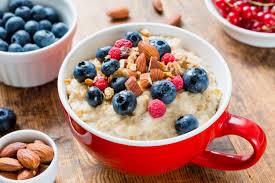 Most Americans think of “breakfast food” as eggs, bacon and toast, or some type of pastry, pancake or cereal. You need to realize that this thinking is the result of a century of food manufacturers advertising their tasty creations to us. This doesn’t benefit you, it only helps their bottom line.
Most Americans think of “breakfast food” as eggs, bacon and toast, or some type of pastry, pancake or cereal. You need to realize that this thinking is the result of a century of food manufacturers advertising their tasty creations to us. This doesn’t benefit you, it only helps their bottom line.
In my house, I’ve tried to expand our mindset when it comes to breakfast foods. I won’t even tell you what we used to eat for breakfast in our younger years!
My husband and I have a smoothie every morning that contains fruits, leafy greens, tofu, flaxseeds, chia seeds, cinnamon, and extra vitamin C. It’s great tasting and sticks with us for at least 3 hours.
Oatmeal is another favorite of mine. It has the fiber that most Americans are lacking and anything can be added to it for flavor. I add chia seeds, yogurt, bananas and nuts to mine, among other things. I like a BIG breakfast!
Remember that oatmeal is just the base to start building a variety of different flavorful meals. Get more creative with your breakfast food and work on upgrading it to something a little healthier than the usual fare. You can find anything on the internet these days so use it to open your mind and improve your diet.
Lunch
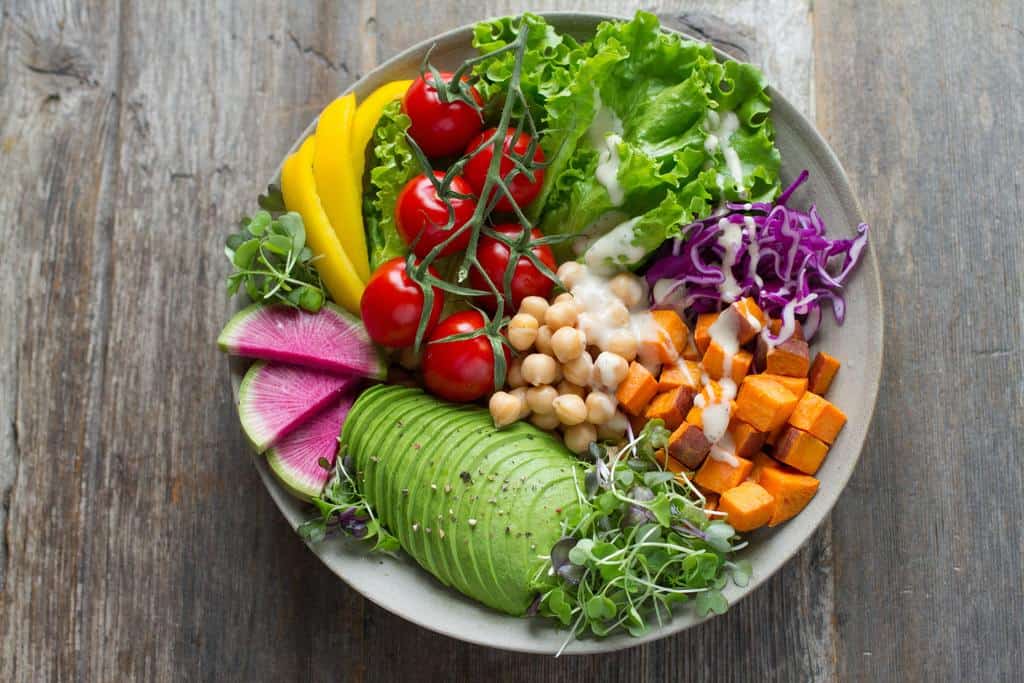 After you’ve switched out your first meal of the day, start looking at your lunches. A great choice would be a huge salad with lots of extras like carrot slices, mushrooms, onions, fruit, nuts, etc. Just like oatmeal, a salad is just the base. From there you can add whatever you like to it to make it tastier.
After you’ve switched out your first meal of the day, start looking at your lunches. A great choice would be a huge salad with lots of extras like carrot slices, mushrooms, onions, fruit, nuts, etc. Just like oatmeal, a salad is just the base. From there you can add whatever you like to it to make it tastier.
Just be sure to read the labels on dressings! They can be very high in fat and calories and it’s easy to use more than you think.
A vegetable soup would be another great idea for lunches on the go. You can make it on Sunday and divide it up into individual containers for the week. All it takes is a microwave to reheat it every day. If you need a little help, check out this article for some other healthy, plant-based meals.
The more fruits and vegetables (plants) you can sneak into your daily diet the better you’ll feel. And that’s because they contain so many vitamins and minerals that our bodies need. When you feel better, you’ll be more motivated to continue eating a healthier diet.
Related article: Eat foods without labels!
Snacks
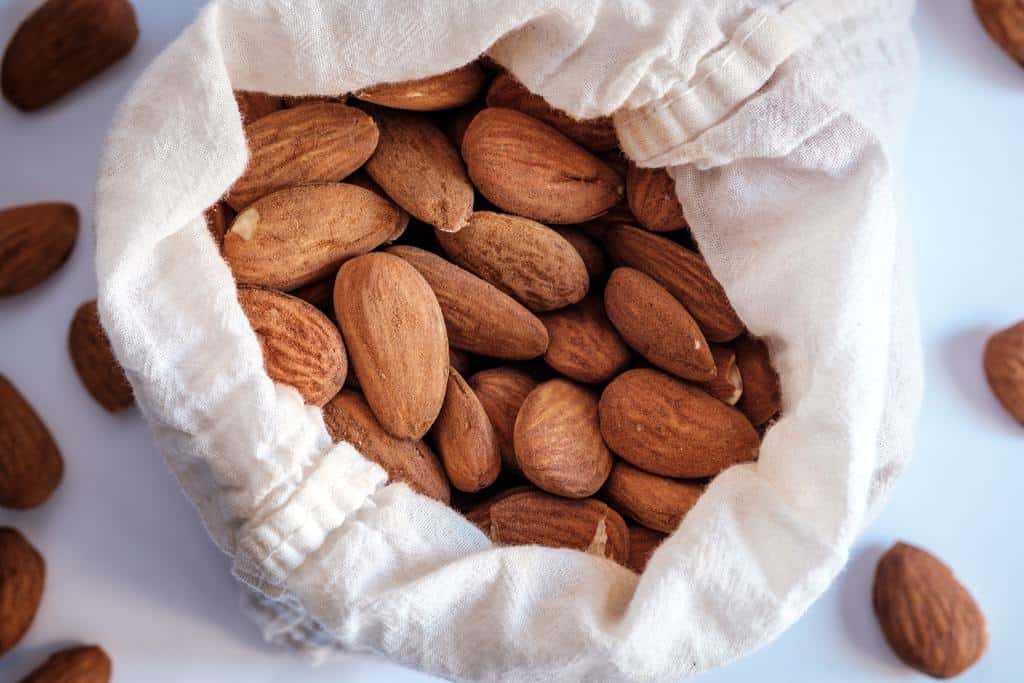
Instead of junk food for snacks (which is actually what we’re craving!), why not eat a fruit along with a small serving of nuts? Yes, I know, nuts are full of fat. But they’re good fats and they’re not actually associated with weight gain. In fact, they may help with weight loss.
So if you eat just a little they’ll take away the grumbling in your stomach and give your body some good nutrients that it needs for better health. And that brings me to another benefit of eating nuts as a snack. Since they help to ease your hunger pangs you’ll be less likely to overeat at your next meal!
Swap out the junk in your diet for real foods with more of those nutrients and you’ll lower your calories without feeling deprived. Eventually, you’ll come up with enough tasty options that you won’t miss the stuff you used to eat.
My opinion on snacks is that for the most part we really don’t need them. Anyone with a desk job probably shouldn’t be snacking at all because you’re not moving enough during the day to work off the calories you get from meals. And none of us is starving to death! Drink more water to fill that void.
Here’s a great article from a registered dietician to help guide you to healthier snacks that might help you lose weight but stay satiated. Just keep in mind that if you eat healthier meals you may not need to snack at all!
My final thoughts
Many years ago I started going through my dietary choices one by one to find healthier options. As I started eating more healthy carbs and less meat and junk food, my weight came down naturally. But the real bonus I got from these changes is that I’m much healthier now with no chronic diseases and a stable weight.
I used to believe that getting cancer was an inevitable consequence of my genetics since so many of my family died from it. But now I know better. I’ve lowered my risk of every disease just by eating a more natural plant-based diet and exercising regularly.
Once you start incorporating more plants into your diet you’ll also find out how much flavor you’ve been missing out on all this time. There are so many creative things you can do with plant-based food if you start educating yourself. The hardest part is finding new recipes, but that’s only in the beginning.
Change is always challenging for us. But if you try one new recipe each week before long you’ll have enough options to get you through the month.
There are many more plants in the world than there are varieties of meat. So fill your plates with as many as you can and see how it benefits your health and your waistline!
Related article: Tips for a healthier diet: GBOMBS.

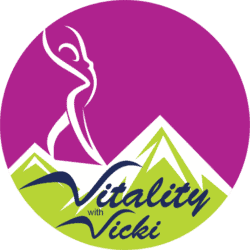
I really appreciate your thoughtful and informative posts Vicki. I have been a plant based vegan for over 4 years. I started because of my own health concerns and quickly learned more about the harmful effects of factory farming to our environment and harm to animals. The Standard American Diet is so engrained in our thinking, lives and relationships, it can be so hard to change! I know this is not an easy choice for many people so taking smaller steps, setting goals and educating yourself can be very helpful.
Thanks so much for the comment Nathalie! I’m impressed you went vegan, I’m still flexitarian but haven’t ruled out further changes in the future! I’m always surprised that people won’t make any changes because they think it’s just too difficult or limiting. It’s just different than what we’re used to and once you do get used to it, it becomes easy. Thanks for reading and hopefully spreading the word yourself about healthy changes!